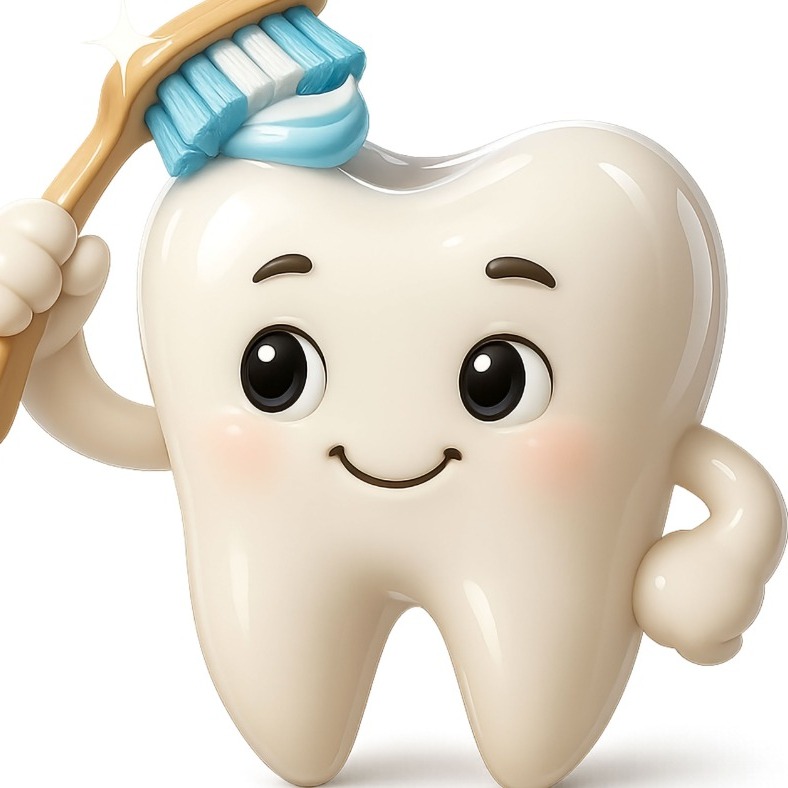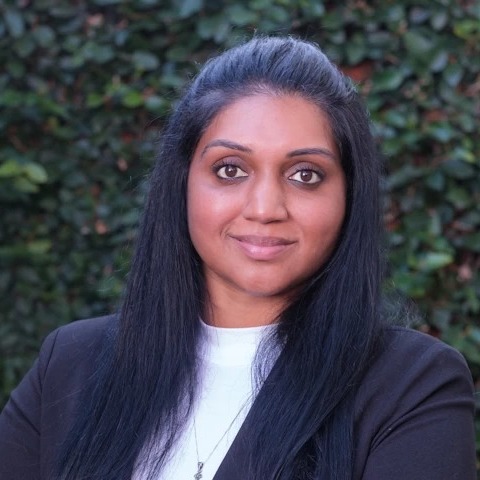The OPTISMILE Podcast 75 - Medicines & Your Mouth
Description
Medicines save lives, but many people don’t realise the silent effects they can have on oral health.
In this episode of Save Your Money, Save Your Teeth, Dr Clifford Yudelman from OptiSmile explains how common prescriptions like blood pressure tablets, antidepressants, blood thinners, osteoporosis drugs, and even inhalers can quietly impact your teeth and gums.
From dry mouth to staining and gum overgrowth, this conversation offers practical advice on what to look out for, how to adapt, and why keeping your dentist in the loop is essential.
10 Questions with Summary Answers
(1:01 ) How do blood pressure tablets and antidepressants affect the mouth?
Calcium channel blockers can cause gum overgrowth, while antidepressants and antihistamines reduce saliva flow, leading to dry mouth and higher cavity risk.
(2:25 ) What exactly is dry mouth and why is it such a problem?
Saliva washes away food, neutralises acid, and protects against bacteria. Without it, decay and gum disease develop faster.
(3:28 ) Can medications increase the risk of cavities and gum disease?
Yes, reduced saliva allows plaque and bacteria to build up unchecked, triggering inflammation, bleeding gums, and tooth decay.
(4:04 ) How do blood thinners affect dental treatment?
They don’t harm teeth but raise bleeding risk during extractions, surgery, or deep cleans. Always inform your dentist.
(5:11 ) Why are osteoporosis drugs a concern for dentists?
Medications like Fosamax strengthen bones but can hinder jaw healing after extractions, sometimes leading to osteonecrosis.
(5:56 ) Can inhalers for asthma or COPD damage teeth or gums?
Yes, steroid inhalers can dry the mouth, increase decay risk, and cause oral thrush. Rinsing and brushing afterwards helps.
(6:40 ) Do medicines have cosmetic side effects like staining or gum overgrowth?
Yes, calcium channel blockers and epilepsy drugs may cause gum enlargement; tetracyclines, iron tablets, and chlorhexidine rinses can stain teeth.
(7:59 ) What should patients tell their dentist about their medications?
Everything, including herbal remedies like Ginkgo or St John’s Wort, as they can affect bleeding and healing.
(9:20 ) Can side effects like dry mouth be managed without stopping the medicine?
Yes, sugar-free gum, xylitol products, artificial saliva sprays, hydration, and reducing alcohol/caffeine all help.
(10:43 ) What is your best advice for patients on multiple prescriptions?
Keep your dentist fully informed, attend regular check-ups, brush with fluoride, floss, and sip water often to prevent bigger problems.
Outro
Medicines are vital for health, but they can quietly harm your smile if you’re not aware of their effects. The good news is that with teamwork between you and your dentist, you can enjoy the benefits of your prescriptions while keeping your teeth and gums healthy. Always bring a complete medication list to your dental visits, and don’t hesitate to ask how your treatments may affect your oral health.
Further Resources from OptiSmile
Hydration & Oral Health: The Surprising Connection
Explores how proper hydration supports saliva and helps protect against decay and discomfort
https://optismile.co.za/blog/hydration-oral-health-the-surprising-connection/
Dry Mouth Dilemmas: Causes, Consequences & Relief Strategies
An in‑depth look into what causes dry mouth (including medications), its effects, and practical solutions
https://optismile.co.za/blog/dry-mouth-dilemmas-causes-consequences-relief-strategies/
Osteoporosis & Oral Health
Discusses how osteoporosis medications can affect dental procedures like extractions
https://optismile.co.za/blog/osteoporosis-oral-health-navigating-the-postmenopausal-connection/
Contact the Best dentist in Cape Town
Book your next Dental Checkup with OptiSmile
Disclaimer: The content provided in this podcast, "Save Your Money Save Your Teeth" on Medical Mondays, is for informational and educational purposes only. It is not intended to serve as dental or medical advice. The insights and opinions expressed by Dr. Clifford Yudelman and any guests are designed to foster a better understanding of dental health, preventive measures, and general well-being, but should not be interpreted as professional dental or medical recommendations. Dr. Clifford Yudelman does not diagnose, treat, or offer prevention strategies for any health conditions directly through this podcast. This platform is not a substitute for the personalized care and advice provided by a licensed dental or healthcare professional. We strongly encourage our listeners to consult with their own dental care providers to address individual dental health needs and concerns. The information shared here aims to empower listeners with knowledge about dental health but must not be used as a basis for making health-related decisions without professional guidance. Your dental care provider is the best source of advice about your dental and overall health. Please always seek the advice of your dentist or other qualified health professionals regarding any questions or concerns about your dental health.
























